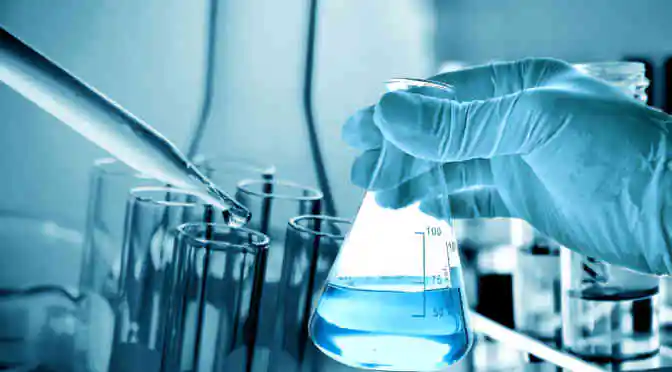How do we grow food in a way that’s sustainable and healthy, while also feeding billions of people? It’s not an easy task.
Producing crops that are hardy requires the use of pesticides, but pesticides can accumulate in our systems through the food we eat, the water we drink and even the air we breathe. Overuse pesticides and you risk contaminating the food web; don’t use them and you risk having your crops succumb to pests or disease.
Luckily it’s not all or nothing in the pesticides world—biopesticides are becoming a popular alternative to their chemical-based cousins. As the name would suggest, biopesticides are made up of microorganisms, naturally occurring substances, and biochemical plant growth regulators to help control pests, weeds, insects, and diseases, which helps enhance the productivity of crops. The low toxicity and enhanced productivity that these products bring to the table are leading to a projected CAGR of 17.37% from 2014-2019 in the global biopesticides market.
To be fair, biopesticides aren’t perfect. They take longer to act compared with conventional synthetic pesticides, maintaining their shelf life can be a challenge, and they’re sensitive to environmental factors like soil pH, temperature, and moisture, which can result in an inconsistent crop yield.
However, the pros still outstrip the cons, and a few key drivers are leading to the development of better, more effective biopesticides.
Key drivers in the biopesticides market
Easy residue management
Biopesticides are biodegradable, which makes residue management easy. They decompose in a short period of time without affecting the surface water or groundwater. Biopesticides are also most effective when used in small amounts, which reduces pollution.
The easy residual solutions have made biopesticides more versatile and have increased their demand drastically. These products benefit progressive dealers who seek to offer a broad portfolio of crop protection products and serve customers with evolving product preferences.
Modernization of agriculture industry
Acceptance of modern farming techniques in agriculture is a major driver in the biopesticides industry. The moderate growth in agricultural techniques have modified the production process of chemical-free pesticides. With the help of the latest techniques, biopesticides are able to provide both dealers and customers with a broad portfolio of crop protection solutions. In addition, advances in technology in the production of bio-based pesticides have resulted in high profit margins for manufacturers, which is driving market growth.
Low R&D costs
Extensive research has resulted in enhanced biopesticide formulation techniques, and intense competition and highly competitive prices force new entrants to the market to deliver biopesticides that are on par with their competitors. In addition, labor management in the market has increased the ease of use of biopesticides in the harvest process, thereby increasing their demand.



